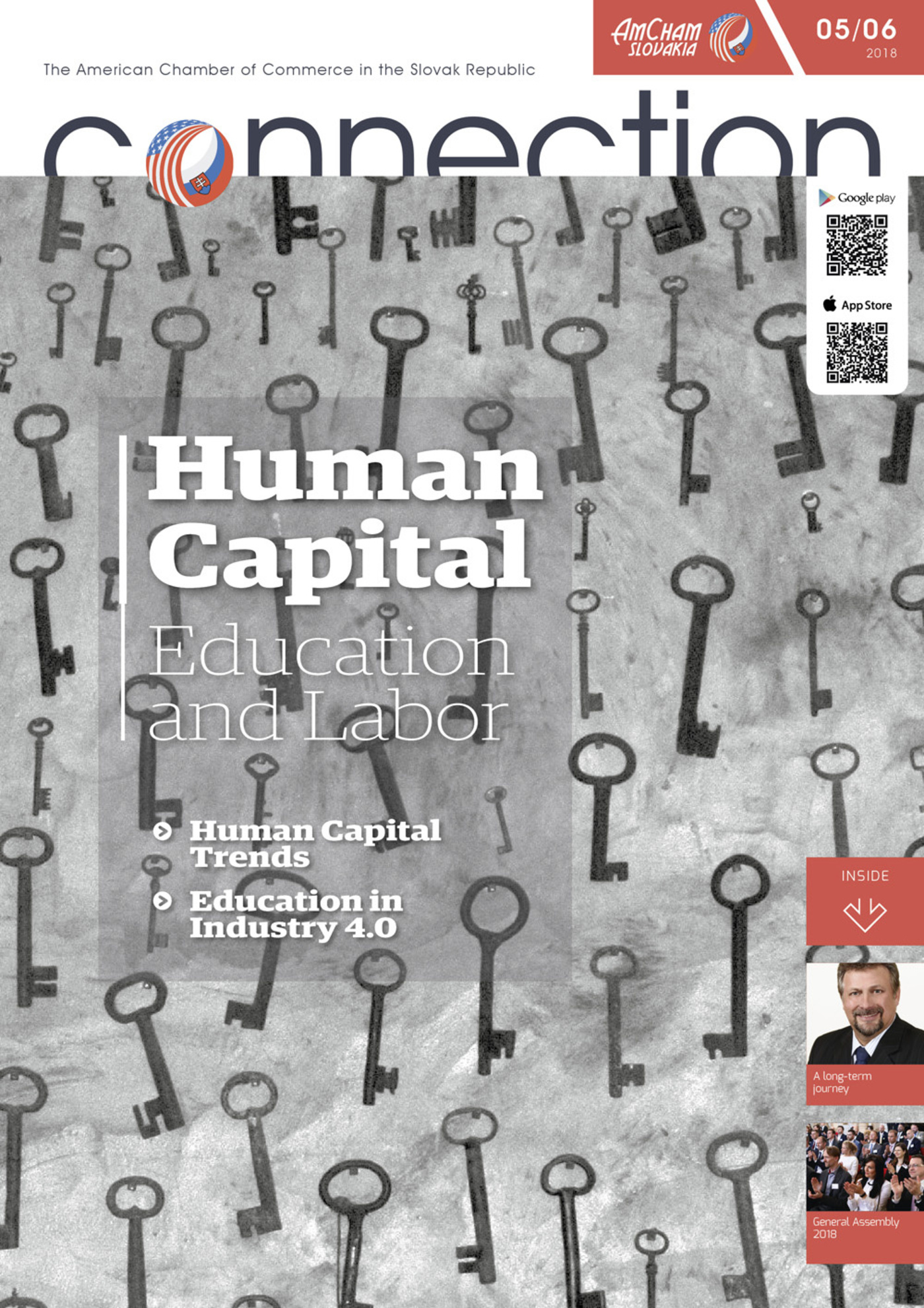The ICEE report funded by the EU Commission, took evidence from 12,000 respondents including young people, parents, teachers and business mentors. Students studying at a school that encourages them to “deep dive” into a Junior Achievement (JA) mini-company project (that is, to work on it for at least a 100 hours over the school year) and spend time with business volunteers throughout the year, reap the richest rewards. Besides increasing their entrepreneurship competences, it also improves their school performance and competence in other important areas such as digital, languages, math and civic engagement.
In a JA mini-company experience, students take ideas from inception to implementation, setting up ventures that prosper or fail, acquire the skills to work together, respond to the unexpected, and at intervals reflect formally and critically on their experience. The program challenges teachers, too: no longer leaders from the front but working alongside their students as guides and facilitators. It spans a full school year and success is rewarded by the internationally-recognized Entrepreneurial Skills PassTM. The Pass ensures that the student has had a mini-company experience, received mentoring by business people and has passed an online exam of business skills and economic knowledge.
One of the things that makes this kind of learning so impactful is the constant interaction between the classroom and the real world. It is not a game – it is the real thing. Students’ ideas are challenged by the marketplace itself. Mentoring by business people is a key ingredient in their learning. Mentors partner with teachers to expose the students to business and workplace experience, coaching on everything from marketing to how to address problems in the team. Research shows that where it is happening, it is working. We need to boost our efforts. There are at least three reasons why.
Many young people do not have access to the types of adult role models that can help them to fulfill their ambitions or simply to inspire them. In that perspective, business leaders can make a huge difference by supporting, mentoring and empowering young people both in their professional and personal development.
Hardly any teachers have had work experience outside of the classroom. By contrast the business representative brings a completely different tool kit of precisely the skills the students need if they are to make a success of their mini-companies. They are able to provide their extended business experience that injects immediacy and relevance to their mentoring.
Mentoring is far from being one-way. Through mentorship, businesses learn what students are able to do on their own and what they need help to achieve. Adults take a step back and look at their own methods and ways of communicating. It also enables them to have direct interactions with their future employees, customers and/or colleagues. Mentorship is the connection between schools and the world of work. For student and mentor alike the experience helps to bridge the gap between education and employment.
Given the mutual benefit, it is a wake-up call for us all that the report found weak institutional cooperation between the formal education system and the labor market. Neither can provide a remedy on their own. Improving the cooperation of schools with businesses is crucial.
Networks like Junior Achievement play an important role in helping schools and businesses to partner. The annual “Leaders for a Day 2018” is a showcase event designed to give young people a unique personal development opportunity as well as raise awareness among policy makers and in the business community about the positive impacts partnership and mentoring bring to young people. On 16th April, 16 business leaders hosted students from 14 European countries, including students from Slovakia. Each of them spent the day shadowing “their” business leader. This year, two students from Slovakia took part in the European edition.
The benefit to both leader and student is obvious and surely there is a lesson here for business leaders and ministers of education throughout Europe. If a single day can be so worthwhile, what would the added value be of an extended experience for all, not just once a year for a lucky few? If Europe is ever to mainstream entrepreneurship education, we need to work harder to bring schools and businesses together. The weight of personal experiences from “Leaders for a Day” may tip the scales eventually but in reality we need action now. Business representatives, educationists, and policymakers: take note!
Caroline Jenner, CEO of Junior Achievement Europe and founder of Junior Achievement Slovakia



Follow us